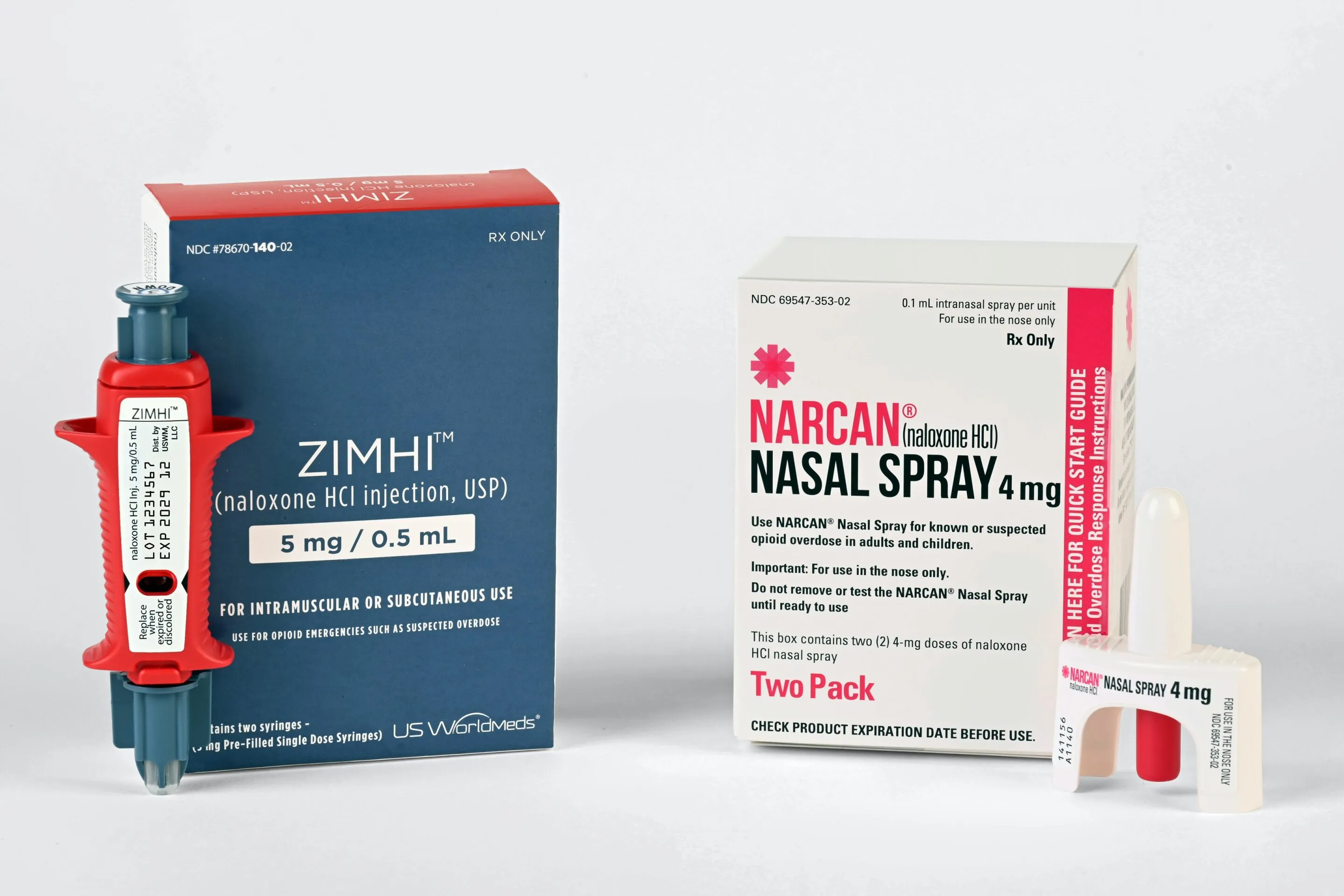Health Research: Naloxone's Role in Reversing Opioid Overdoses

Understanding Naloxone's Impact on Health Research
Recent health research news highlights that Naloxone is successful in reversing signs of opioid overdose in over half of its applications during prehospital care. With the opioid epidemic causing widespread concern, particularly among the youth, this medication proves vital for emergency interventions.
Key Findings in Medicine Research
The findings suggest that with proper education and access, Naloxone can significantly reduce mortality rates linked to opioid overdoses. Emergency responders and bystanders play a crucial role in its utilization.
- Naloxone rapidly reverses opioid effects
- Increases chances of survival in overdose situations
- Essential for first responders and public health initiatives
The Importance of Ongoing Health Science Efforts
Continuous development in medicine science reinforces the necessity for widespread availability of Naloxone. Public health policies must prioritize access and education for communities affected by opioid crises.
Disclaimer: The information provided on this site is for informational purposes only and is not intended as medical advice. We are not responsible for any actions taken based on the content of this site. Always consult a qualified healthcare provider for medical advice, diagnosis, and treatment. We source our news from reputable sources and provide links to the original articles. We do not endorse or assume responsibility for the accuracy of the information contained in external sources.
This article was prepared using information from open sources in accordance with the principles of Ethical Policy. The editorial team is not responsible for absolute accuracy, as it relies on data from the sources referenced.